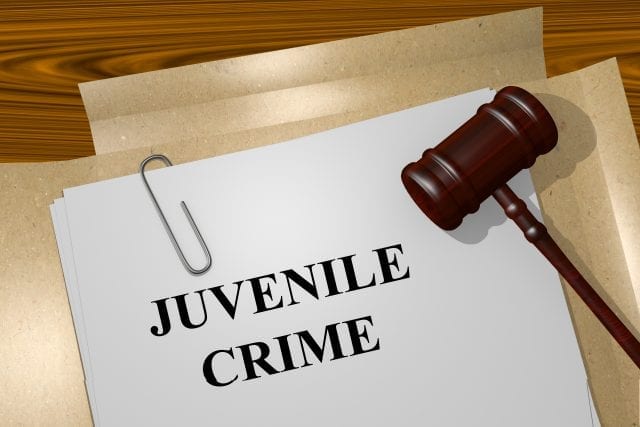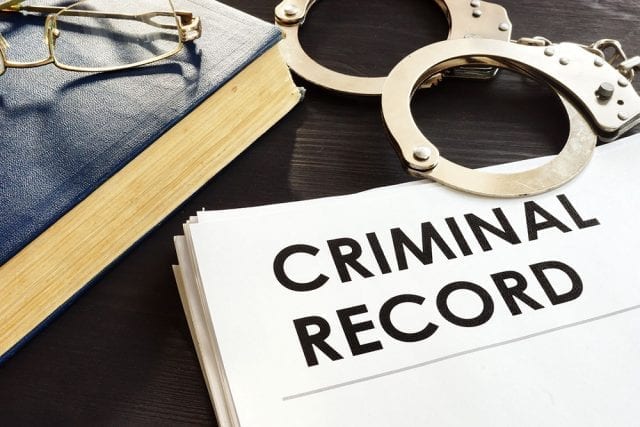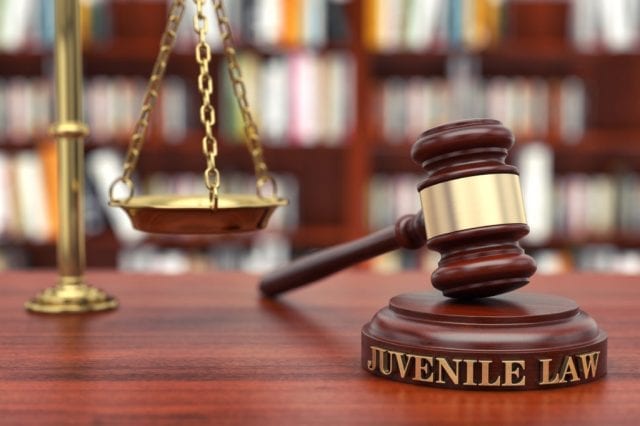
Juvenile offenses, in most of the cases, are treated more lightly in court than adult offenses. That’s one of the reasons why many people think that whatever happened before the age of 18 is not to be taken seriously as it can’t have an impact on the adult life of the individual. Sadly, the case is not such since offenses during the teenage years can bear some serious consequences that can haunt the person their entire life.
Luckily, in Arizona, there are juvenile courts that specialize in offenses committed by minors. However, this still doesn’t mean that when the child becomes an adult, everything that happened previously doesn’t count. If your child has been detained for juvenile delinquency, here’s all you need to know about the laws in Arizona and the reasons why a criminal defense attorney should be the first call you make.
For minor offenses, it is possible to come to a plea deal where the underaged offender is requested to go through a rehabilitation program. In some cases, such as charges for minors in consumption, According to Jackson White Law. it is possible to have no charges pressed. The minor will be requested to meet a probation officer for at least 6 months. If the probation officer concludes that the individual shows no signs of criminal behavior, the charges could be dropped completely, leaving no mark on the minor’s criminal record.

Arizona’s law allows minors who have a criminal record to get a fresh start when they turn 18, however, that isn’t necessarily how things are. If the case is open to the public, the person can find themselves in real trouble when looking for a job, housing or even enlisting in the military. For serious offenses, the minor can be tried as an adult, completely changing the course of their life.
Juvenile Courts and Rehabilitation
As you would expect, the juvenile courts not only in Arizona but throughout the states focus on rehabilitation rather than punishment. Juveniles have the advantage of their age (or underage in this case) – they can’t be expected to have a full scope of what’s right and what’s wrong and often the offenses are regarded as being committed due to inexperience and immaturity.
Juvenile courts take all of this into consideration during the trial and the conviction. However, the conviction is usually aiming to rehabilitate the juvenile, point out why the actions were wrong, educate them about the damage they have done by committing the act and rehabilitate them before sending them back to society.

Minor offenses are usually dealt with by giving the juvenile a verbal warning, a fine or requesting them to take a diversion program. A criminal defense attorney is highly advisable in such instances since they can fight the case to ensure you get the best deal possible.
Juveniles Tried as Adults
While the criminal justice system in Arizona is willing to take underage minors to juvenile courts, this option can be out of reach for serious crimes. The laws allow for a minor to be tried as an adult if the gravity of their offense can’t be overlooked. In Arizona, minors between the ages of 14 and 17 can be taken to adult court if they commit one of the following offenses:
- First degree murder
- Second degree murder
- Forcible sexual assault
- Armed robbery
- Any other violent felony offense
- Any felony offense committed by a chronic felony offender
When an underage person is tried as an adult, it means that they can receive the same punishment as an adult committing the same crime would. The law offers only one exception – first degree murder charges. A minor can’t be given the verdict of a death penalty. The Arizona criminal laws state that if a person is underage at the time of the murder they must be spared from the death penalty which is in force in Arizona. For first degree murders, the juvenile can receive a life sentence or a natural life sentence.
People who are given the life sentence are usually eligible for parole after 25 years in prison. However, the natural life sentence means that they will no possibility for an early release.
In cases like this, the entire future of the minor can take a grim turn rapidly. The criminal record of the minor won’t be wiped off when they turn 18. For charges such as first degree murder, it is crucial to ensure that all options are considered in order to ensure the punishment is as low as it could be for crimes of such nature. For less serious crimes, a plea bargain can be negotiated in order to agree on a sentence that will be acceptable for both sides.
Taking The Case Back to Juvenile Court

Minors that are taken to adult court still stand the chance to have their case transferred back to juvenile court. In order to do so, a motion needs to be filed for the transfer to happen if there is enough evidence to support the claim that the juvenile can be rehabilitated and made a functional member of society and that they are not a threat to anyone. Some of the conditions that the case needs to meet are a clean criminal record prior to this offense, signs of good mental and emotional state, the individual to show remorse for their actions and mainly, the nature of the crime itself.
Where one such transition is possible, getting the help of a criminal defense attorney might be the difference between attending a rehabilitation program or years in prison.
Offenses done by minor is a common thing we see in the criminal justice system. However, you need to make sure that you use all of the aces up your sleeve to ensure the best out of the situation. Your biggest ace is a skilled criminal defense attorney who will work to minimize the damage and help to provide your child with a brighter future.








